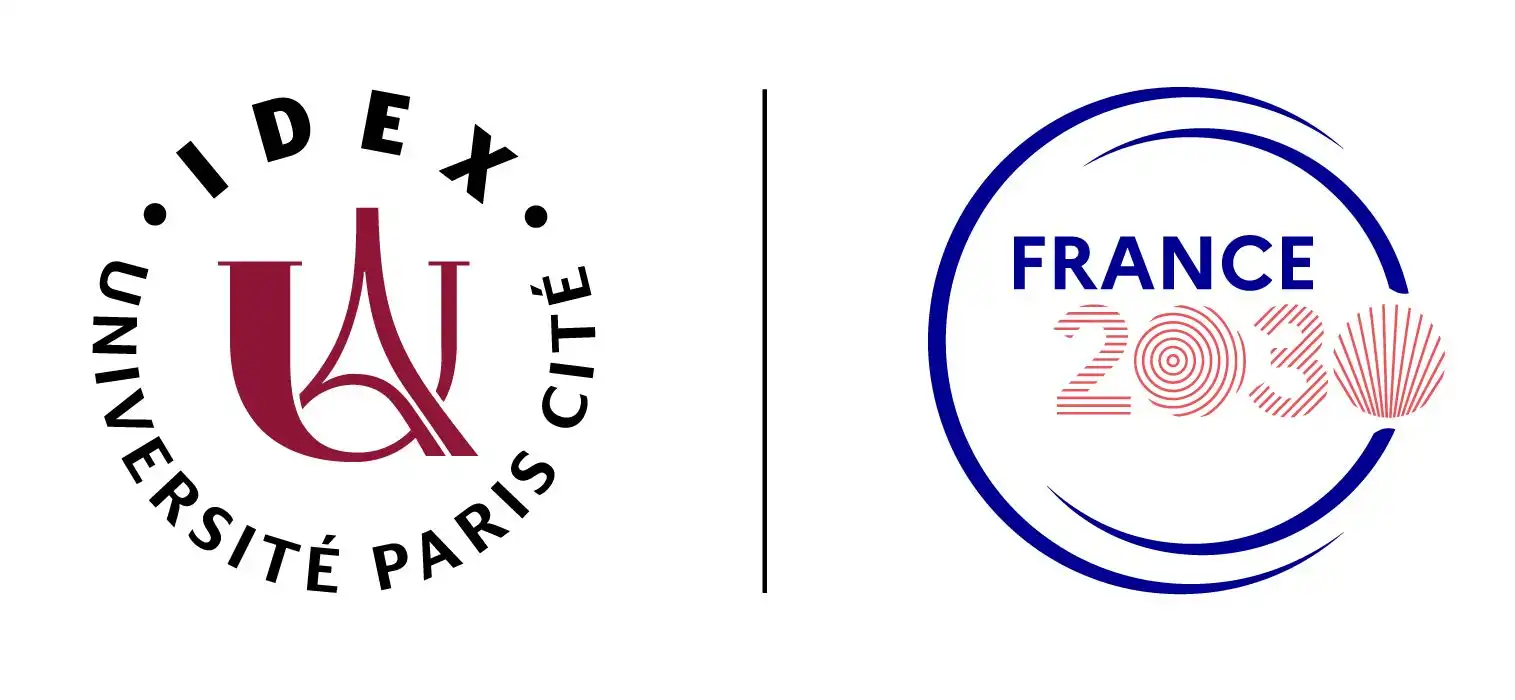
Home>Research>Project>Evaluating the Impact of the July 2008 Constitutional Reform (2015, renewed in 2016)
Evaluating the Impact of the July 2008 Constitutional Reform (2015, renewed in 2016)
Project Directors:
- Olivier ROZENBERG (Associate Professor, Centre d’études européennes)
- Guillaume TUSSEAU (University Professor, Law School of Sciences Po)
This project obtained funding from LIEPP through the 2016 call for proposals.
Constitutional review, quantitatively, marked the most important part of the history of the Fifth Republic with the modification of more than half of the articles in the constitution. However, this reform did not modify the fundamentals of the regime including the direct election of the president, the power of the president vis-à-vis the prime minister and the National Assembly, and the parlementary responsability of the government. On the other side, a quick review of this reform reveals its contradictary nature: the parliament's rights with regards to legislative procedures or the control of nomination are extended, but there is an unprecedented limitation of obstructional capacity of the opposition. The impact of this reform is also evaluated in 2015 to better understand how it has evolved during its practice. While other evaluations provide only a legal point of view, this project proposes an interdisciplinary evaluation combining the methodological approaches of politics and law studies.
This evaluation focuses on all aspects of the reform, from the authorisation of military operation to the review of parliamentary order of the day by maintaining as our main interest the reform of the constitutional review procedures with the modified role of parliamentary commissions in legislative procedures. The project carries out a qualitative evaluation of France's democratic quality from dual points of view: it evaluates the depth and the reality of an announced reequilibrium between executive and legislative powers in France. It questions the adaptive capacity or the resilience of political organisations. In this way, the project may be able to bring useful contributions on the ongoing reforms (holding several mandates concurrently), on how the constitution is announced, or on the politcal rules of the game. We bring a double expertise of law and politics on these subjects.
Our work has shown that: (1) The review has considerably modified parliamentary activities, especially the legislative procedures - but not only; (2) In general, it does not seem that the reform has contributed to reinforcing the parliament's influence on the law by taking into account the generalisation of accelerated procedure and the strong polarisation of political life; (3) Finally, different examples confirm that the reform of legislative procedures has contributed to reduce the predictability of the legislative process, in other words, to de-rationalize the parliamentarism.
In 2016, the project aims to (1) complete interviews with MPs (realisation, transcription, and analysis) and (2) to organise a final workshop with universities and professionals, politicians and civil servants.
Associated events :
- International Conference : Strengthening Parliaments Through Institutional Engineering (December 3-4 2015)
- Workshop : Réévaluer le Parlement ? La révision constitutionnelle du 23 juillet 2008 à l’épreuve du temps (December 16th 2016)
Associated Publications :
- Olivier ROZENBERG, Un petit pas pour le Parlement, un grand pas pour la Vème République. L’évaluation de la révision constitutionnelle de 2008. LIEPP Working Paper, n°61, décembre 2016

